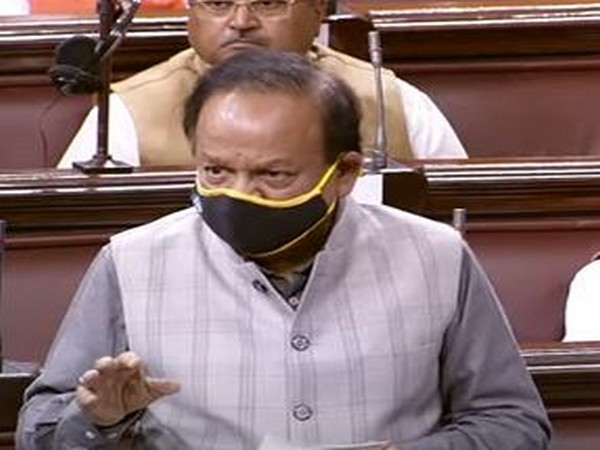Parliament approved the amendment in the abortion law last week. The Medical Termination of Pregnancy (Amendment) Bill 2020 allows women to terminate a 24 weeks gestation. Abortion was allowed for the first 20 weeks on the advice of two doctors for women in the special category, which has now been increased to 24 weeks.
If the pregnancy is more than 24 weeks, then abortion was not allowed, but under the new law, it can be done with the approval of the Medical Board. After the Parliament approves this bill, Union Health Minister Harsh Vardhan said on social media that this bill will protect the dignity and rights of women.
Also read: Stem Cell Preservation: Yes Or No?
Privacy of women kept in mind
The government has legally allowed unmarried women to abort the pregnancy. Otherwise, abortion was done in an unsafe manner and the lives of women were in danger. The bill reads ‘woman or her partner’ in place of ‘married woman or her husband’. Women’s health has been considered the utmost priority for abortion.
The women above the age of 18 years, if they wish, will be able to get an abortion without informing their parents or the guardian as well as the partner. In the case of a minor, the parent or legal guardian will have to be involved in the process.
Termination of pregnancy more than 20 weeks
The women will now be able to terminate a 20-week gestation with the advice of a single doctor. Earlier this limit was 12 weeks. The advice of 2 doctors will be required for abortion between 20 and 24 weeks.
According to the new bill, if the pregnancy is more than 20 weeks, abortion will be possible. But its conditions are – the life of a pregnant woman is threatened or her physical or mental health is threatened by severe trauma, or the unborn child is under threat of serious physical or mental disability.
Certain conditions under this category are:
- The measures that a woman or her partner have tried to avoid the pregnancy fail.
- If the woman alleges that she is pregnant due to rape. This kind of pregnancy will not be mentally good for the woman.
- Where there is a malformation in the foetus and if it is detected after 24 weeks, then the abortion can be done after the advice of the medical board.

Concerns associated with this new law
Voluntary abortion in the Indian Penal Code is a crime. The Medical Termination of Pregnancy Act 1971 allows abortion from medical doctors on certain conditions. The new bill states that abortion can only be done by doctors specializing in gynaecology or obstetrics. But there is a 75% shortage of such doctors in rural areas. In such a situation, rural women may face problems in reaching health centres for safe abortion.
Moreover, there is nothing in the law about who will be included in the special category of women.However, Rape Victims physically challenged women and minors will be included in it. Often in such cases, they do not understand the changes in the body and avoid telling the Guardian due to fear, shame or guilt.
If the unborn child shows some deformity:
A foetal age limit has not been set for abortion in case of deformity. But a medical board made in every state will decide whether or not the abortion would be appropriate due to foetal deformity.
The Medical Termination of Pregnancy (Amendment) Act 2021 Gazette Notification 25-03-2021 pic.twitter.com/EgwK2g4UtS
— Dr Shankul Dwivedi (@ShankulDwivedi) March 26, 2021
Also read: Becoming A Mother At A Later Age? Keep These Things In Mind Before Planning Late Pregnancy
Deformities in the foetus can usually be detected at many stages of pregnancy. Most malformations occur within 4 months. However, some genetic malformations occur later. For this, tests like genetic screening will have to be increased. By the time the results of such tests are out, the foetus has attained more than 20 weeks of age.
Cardiac and facial defects are often detected in Ultra-Sonography occurring after 20 weeks. This change in the MTP bill allows parents to have an abortion after the deformity is detected. Till now, there was no option but to give birth to such children. Often such children die as soon as they are born.
